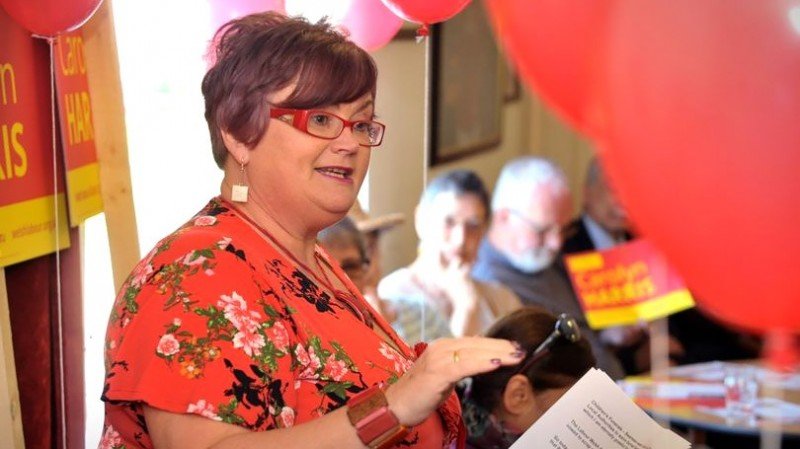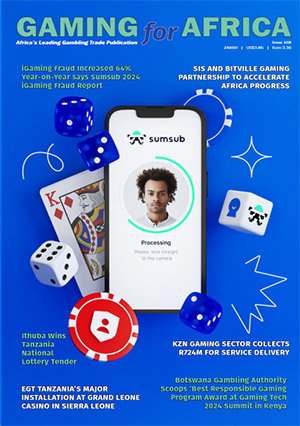UK report reveals dependence of gambling industry on high-spending VIPs

A UK Gambling Commission report has emerged as the government prepares to review gambling legislation, which unveiled for the first time the dependence of the UK gambling industry on high-spending VIPs, customers who are disproportionately likely to be addicts.
The regulator is now considering whether to ban VIP schemes in Britain after collecting data from betting firms, including one that took 83% of all deposits from 2% of its customers, the Guardian reports.
The much-criticized membership programs reward gamblers who habitually lose large sums of money with perks such as free bets, cashback on losing wagers or football tickets.
The award of VIP status has been cited as a factor in seven out of 10 regulatory penalties issued to companies by the commission for failures to prevent problem gambling.
A Gambling Commission spokesman said it was already taking action to address poor practice linked to VIP programs but was prepared to go further.
The regulator said: "Operators must improve their interaction with VIPs and we have challenged the industry to make faster progress to improve how they manage their customers. We have also taken robust action against operators who fail to protect consumers and we will be even tougher if the behavior does not change."
The commission collected data on VIP schemes from nine companies that have been granted anonymity but are understood to be among the UK’s largest and best known. In one case, an operator told the commission that while only 2% of its customers are VIPs, they account for 83% of deposits made on the site.
One of its rivals took 58% of its betting account deposits from a VIP cohort that made up 5% of its customer base, while a third accepted 48% of deposits from 3% of customers. The data suggests that if the regulator bans VIP schemes, the decision could deal a huge blow to the industry’s revenues.
Another section of the report, obtained by the Guardian under freedom of information laws, said VIP gamblers are more likely to be addicts than ordinary customers. The commission estimates there are 47,000 VIPs in Britain, with about 8% of them thought to be problem gamblers. This is more than 11 times the rate among the wider public.
The report does not say how many of those gamblers fall under the at risk category, one level below the generally accepted problem gambling classification, but it is likely to be a much larger percentage based on previous data.
One section of the report highlights a concern that algorithms used by gambling companies to track betting patterns are far better at identifying people who might be worth granting VIP status to than they are at spotting problem gamblers.
In a section considering how to react to the information about VIPs, the regulator suggests several options. They include investigating how VIP staff at gambling companies are incentivized; putting pressure on operators to draw up an industry-wide VIP code of conduct and limiting incentives on offer to scheme members. The document also lays out the option to ban VIP status.
The Labour MP Carolyn Harris, who chairs a cross-party parliamentary group on gambling, said: "This report shows how completely reliant the industry is on people with gambling problems and that they are profiteering from them.
"As the Gambling Commission has itself suggested these practices should be banned to protect problem gamblers and stop the transfer of money from vulnerable addicted gamblers directly into the pockets of the online gambling industry."
Gamblers are typically offered VIP status after losing large amounts of money with one company, which has an interest in retaining them as a customer rather than see them bet with a rival instead.
VIPs are often assigned a specialist account manager, who has the authorisation to offer perks such as free bets and cashback on losing wagers. In some cases, free gifts including tickets to sports events and even flights are offered.
Last year, the Guardian revealed Ladbrokes had agreed to pay £1m to the victims of a VIP problem gambler who had stolen the money he was using to bet, in return for a pledge not to inform the industry regulator.
The bookmaker showered the gambling addict with thousands of pounds worth of gifts over two years, including free tickets to football matches and business class flights. VIP schemes have also been mentioned in a succession of regulatory punishments handed down by the Gambling Commission. Last year, Betfair was criticized for helping a VIP hide his gambling from his wife.
Brigid Simmonds, chair of the Betting and Gaming Council (BGC) trade body, said: "Our industry recognizes the need to change practices in this area and we will soon publish the terms of a review for a new industry code of conduct. We intend to consult widely on the shape of this new code, to ensure we are always putting the welfare of our customers first."
The BGC launched last year as the industry faced the threat of further regulation after the crackdown on fixed-odds betting terminals (FOBTs).
The stock market value of UK gambling companies plunged by more than £1bn earlier this year after a report by MPs recommended much tighter controls on online gambling, including restrictions on VIP schemes.
The report also called for a £2 stake limit on casino-style slots games, matching the restrictions imposed on FOBTs.
















































